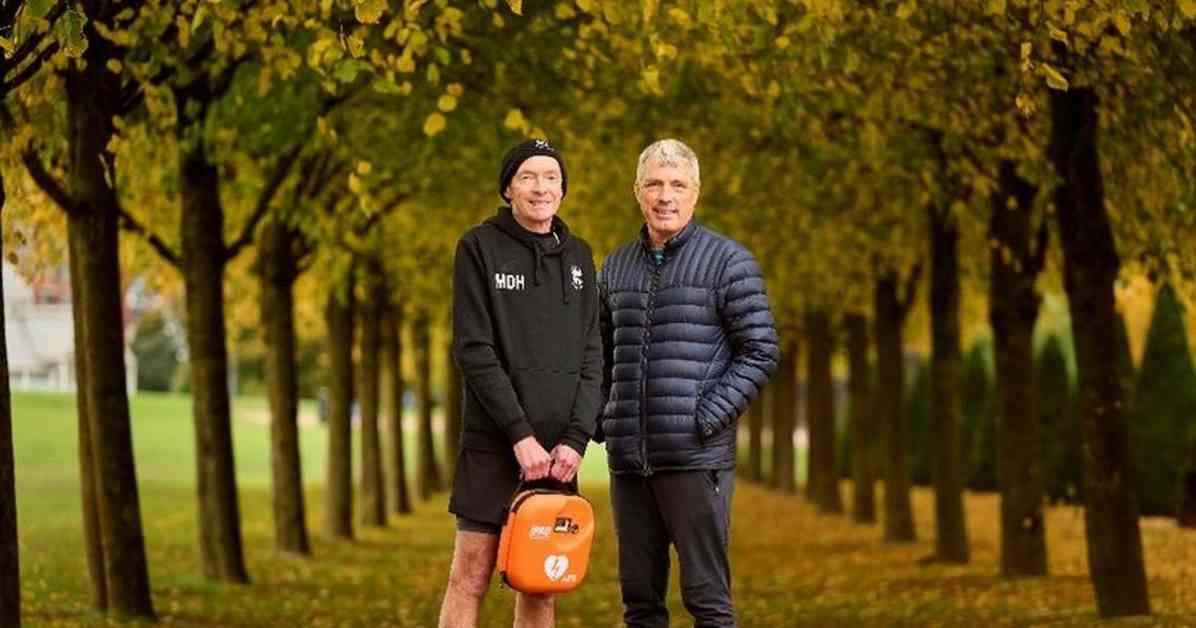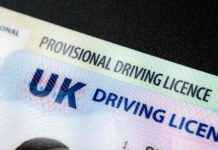A 64-year-old man named Malcolm Hughes from Linlithgow, West Lothian, had a terrifying experience during a relay race at Glasgow Green. He collapsed and stopped breathing, but luckily, a defibrillator located 200 meters away was used to restart his heart. Malcolm is now advocating for defibrillators to be publicly registered to help save more lives in similar situations.
Another man, Stephen Lappin, 59, from Glasgow, also suffered a cardiac arrest during a run in the park and was saved by the same defibrillator that helped Malcolm. Both men were directed to the defibrillator by emergency services through The Circuit, a national network that locates and directs callers to life-saving devices.
Both Malcolm and Stephen now have implantable cardioverter defibrillators (ICDs) to issue shocks to their hearts in case of another cardiac arrest. There are over 98,000 defibrillators registered on The Circuit across the UK, but there are still gaps in distribution, especially in deprived communities, putting lives at risk.
In Scotland, there are around 3,200 out-of-hospital cardiac arrests each year with a survival rate of less than one in 10. Every minute without CPR and defibrillation reduces the chances of survival by up to 10 percent. Knowing the location of the nearest defibrillator can be crucial in saving lives.
General Practitioner Rebecca Toal, the ‘defibrillator guardian’ of the equipment, emphasized the importance of registering defibrillators to save lives. She mentioned that the defibrillator used in Malcolm and Stephen’s cases had only been deployed twice since its installation in 2023.
Rebecca encourages everyone to check if their defibrillator is registered on www.defibfinder.uk and to register it on www.thecircuit.uk. Registering defibrillators can make a significant difference in saving lives during cardiac emergencies and is a simple yet crucial step in improving response times and outcomes.













